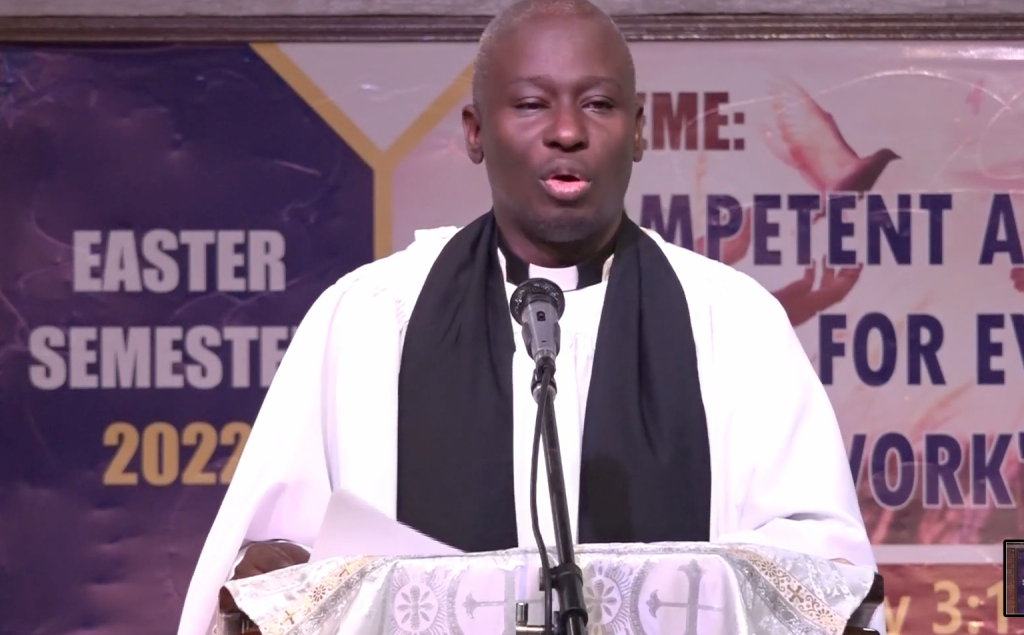By Agatha N Biira
The Uganda Christian University (UCU) chaplaincy has introduced cell ministry, which is intended to extend God’s word to people in smaller groups (cells) within and outside UCU.
The Rev. Henry Majwala, the UCU Assistant Chaplain, says cell ministry will involve and reach more people than those who attend church services on Sundays. “We have learnt from COVID-19 that we do not need many people to be a church. So, with these small groups, we hope to reach out to more peoplE,” Rev. Majwala said.
He adds that these cell ministries will involve deeper Bible study, evangelism, knowing people’s needs and showing care to the people in our communities. “If you have UCU people in Kauga, they can invite people (both believers and non-believers), show care and evangelize,” Rev. Majwala said.
These cell ministries will have groups of 9 to 10 people, with a maximum number of 12. For people staying together, they can create a cell and keep growing. There will also be a rebirth of cells within the cells that have exceeded the maximum number. The cell ministry will cover the areas of Kirowooza, Njerere, Kayunga, Bugerere, Nabuti, Seeta, Ntawo, Nsabwe, Kauga and surrounding areas.
When asked why the chaplaincy has introduced cell ministry now, Rev. Majwala says this was already a plan in thought but it was put on hold by COVID-19 since gatherings were limited during that time.
Asenath Were, a second-year student of Journalism and Mass Communication at UCU, says as a cell leader at her church, she has seen the church grow and expand because of cell ministry. “Usually we are able to reach out to many people. Individuals are able to get a sense of belonging because these cells are practically family, “said Were.” This is a good initiative because people will not have to wait for Sunday to pray but instead be engaged in prayer more often,” said Asenath.
Jackson Limo, a second-year student of procurement and logistics management at UCU, says this will help people understand who they are and Christ in them. “I believe these cells will introduce people to Christ and help them understand the Christian faith,” Limo said.
Assumpta Aggrey, a first-year student studying Bachelor of Laws at UCU, says cell ministry will enlighten more people about the word of God. “Usually, when people work in groups, there is interaction, and it is through this that people get to learn more from each other,” Aggrey said.
Rev. Majwala says any growing church should consider starting cells. “Even if the church is not operating the normal way, the cells can continue operating because they are in the localities in which they live,” he said.


